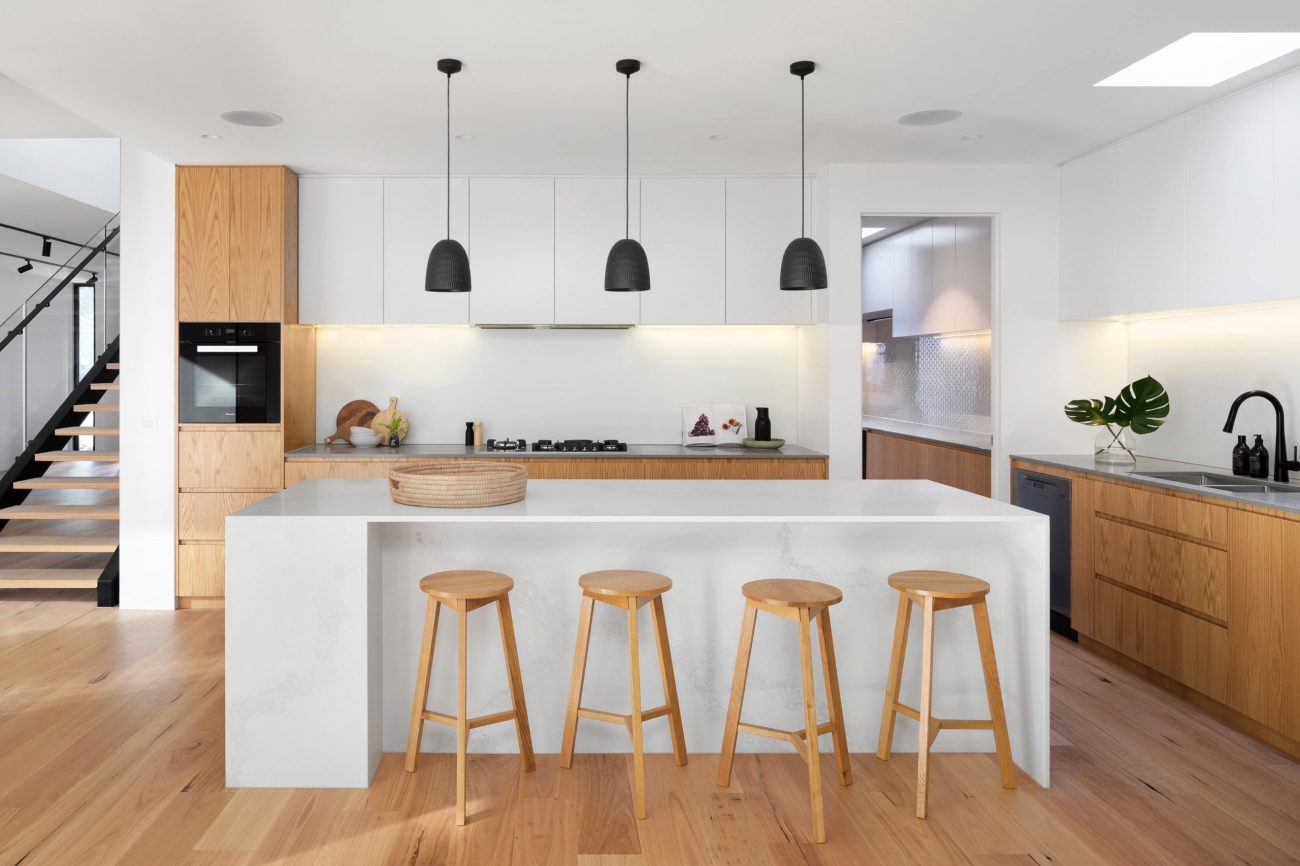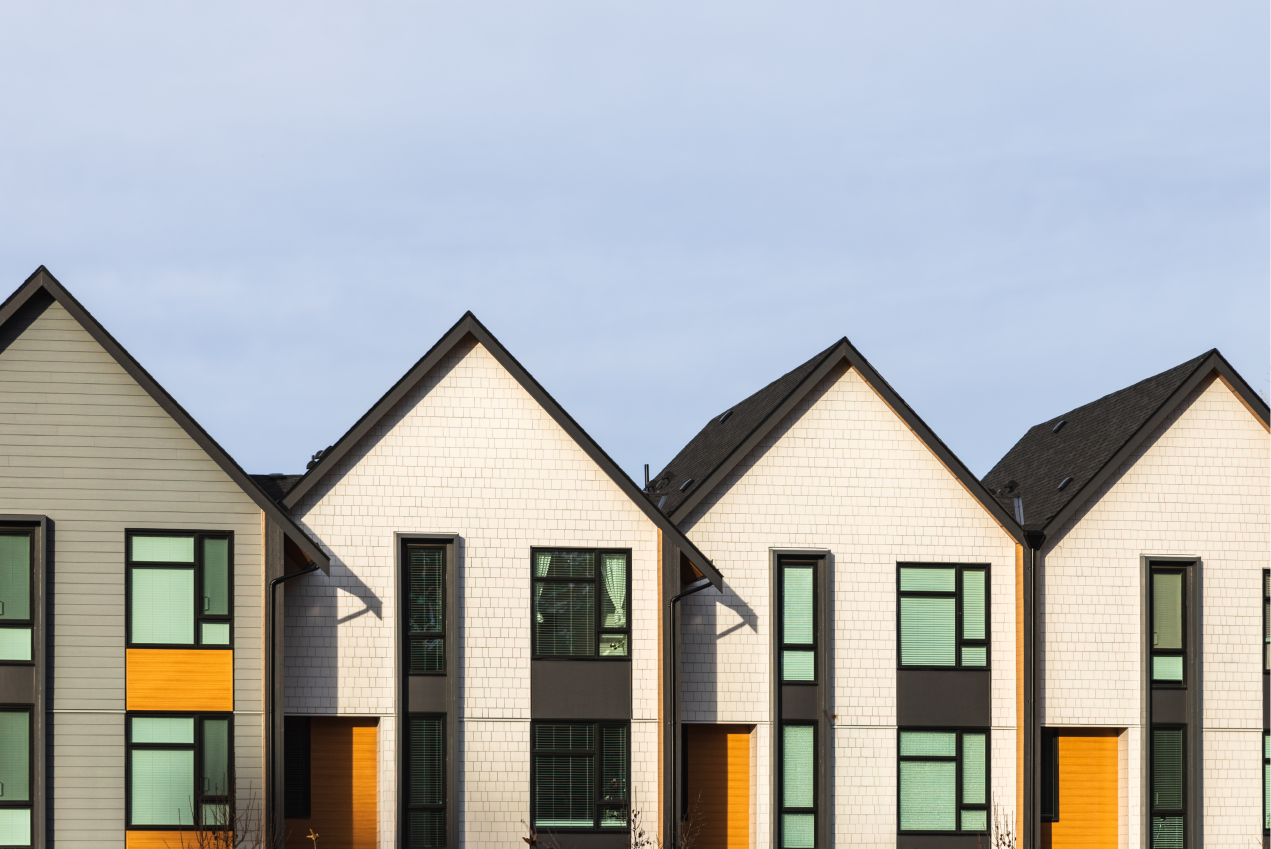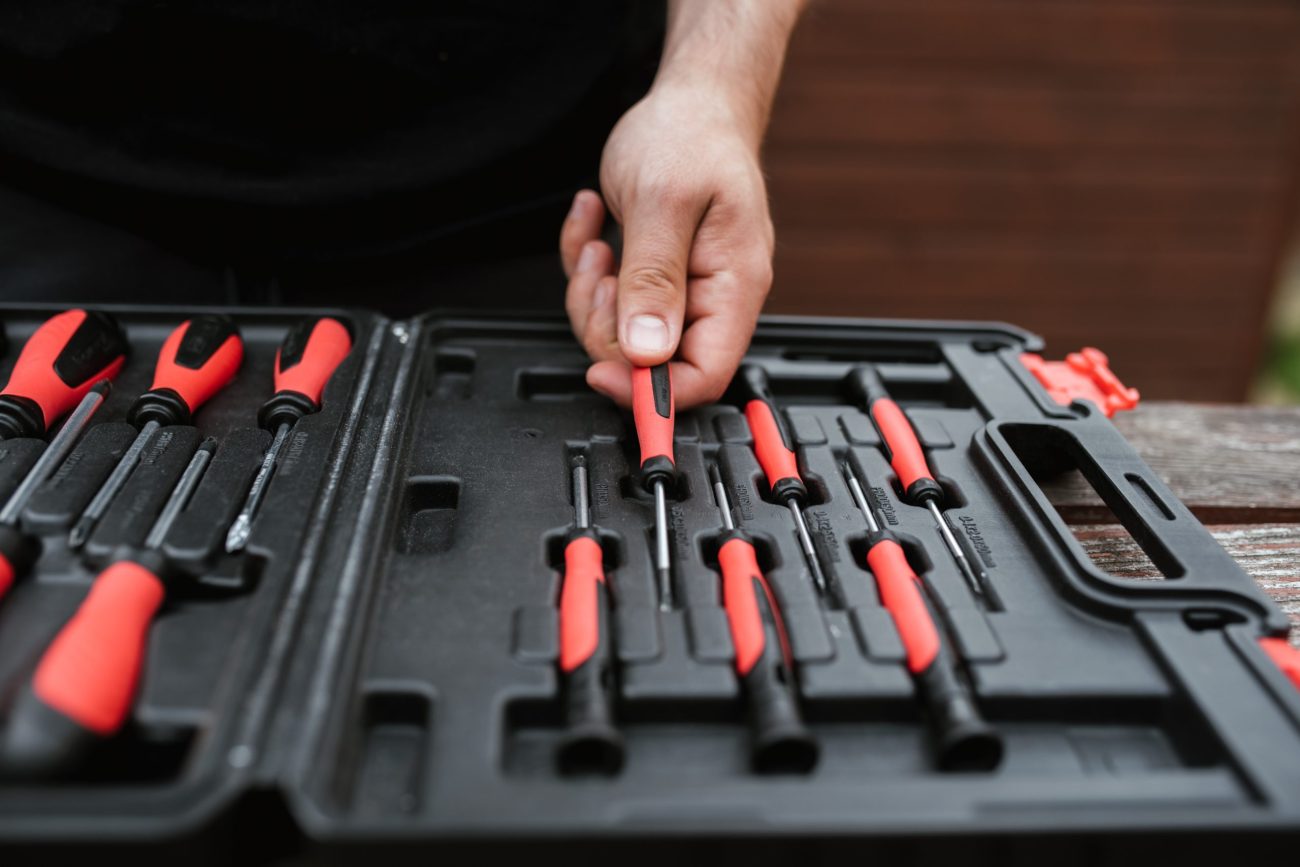The government of Canada recognizes that homebuying is one of the biggest investments most people make in their lifetime. For this reason there have been a number of programs, incentives and homeowner grants introduced to ease the financial burden and make it possible for more Canadians to enter the property market and own a home.
What is a homebuyer grant?
For prospective first-time homebuyers who are just beginning their journey into real estate, there are multiple initiatives to incentivize a purchase and start building the generational wealth that comes with home ownership.
The Home Buyers’ Plan (HBP) allows Canadian citizens or permanent residents to withdraw up to $35,000, tax-free, from their registered retirement savings plans (RRSPs) to put toward buying or building their first home. To be eligible, first-time homebuyers must have a written agreement to buy or build the home, which they then intend to live in as their principal residence within one year of purchase or completion. If qualified, buyers then have 15 years to pay back the funds, interest-free.
As of April 2023, Canadians can also make a qualifying withdrawal from their First Home Savings Account (FHSA). This new tax-free savings account allows prospective first-time homebuyers to make tax-deductible contributions of up to $8,000 per year ($40,000 in a lifetime) to save toward buying their first home.
In 2022 the government also increased the amount used to calculate the first-time Home Buyers’ Tax Credit (HBTC). This means that the one-time tax credit available for eligible first-time homebuyers has doubled from $750 to $1,500, as long as they intend to make the home their principal residence.
Homebuyer grants by province
In addition to the countrywide initiatives outlined above, some provinces also offer specific programs to help first-time buyers residing there.
For New Brunswick residents with a total household income below $40,000, the Home Ownership Program could offer significant financial assistance toward purchasing or building a first home. The program can provide loans that will cover up to 40% of the purchase price of a house or up to $75,000 toward a new build. Those with a household income of less than $30,000 could pay 0% interest, which increases by 0.5% for every $1,000 of adjusted income above $30,000 until it equals the provincial borrowing rate.
In the Northwest Territories, the Home Purchase Program could provide eligible applicants with a forgivable loan to help cover either 5% of the down payment or their construction costs. Loans of up to $30,000 can be forgiven in one to three years based on the amount of funding provided. To qualify, NWT residents must meet certain criteria, including having a modest income below the Core Need Income Threshold for their community and secured financing with an approved financial institution for their portion of the purchase.
In Nova Scotia, the First-time Home Buyers’ Rebate Program could give first-time buyers who are buying or building a new construction home to live in as their primary residence, up to $3,000 in money back.
The Nunavut Downpayment Assistance Program could subsidize buyers within a certain income bracket, with up to $30,000 to help them cover 7.5% of the 10% total down payment on a new home required by most mortgage lenders. Over a 10-year period, the loan is forgivable to qualified applicants.
In Ontario, eligible first-time homebuyers could claim up to $4,000 via the land transfer tax refund program. Similarly, in Prince Edward Island, first-time homebuyers could apply for an exemption of the real property transfer tax, to waive the registration fee for a deed of conveyance.
And in Saskatchewan the First-Time Homebuyers’ Tax Credit could provide up to $1,050 to eligible buyers, in addition to the federal credit.
What are homeowner grants?
Once you’ve bought your home, homeowner grants provide financial relief based on a number of factors, including location, property value and residency status. Different homeowner grants vary in terms of their eligibility criteria, application processes and the amount of financial assistance provided. They can also evolve and change each year on a federal and provincial level.
The Canada Greener Homes Initiative
The Canada Greener Homes Initiative is a homeowner grant recently introduced to help Canadians become more energy efficient and save money in their homes. On a broader scale, the program also aims to create jobs in Canada’s energy sector, while fighting climate change.
Who is eligible for the Canada Greener Homes Grant?
If you are a Canadian homeowner and your home is your primary residence and less than six months old, you could be eligible for the Canada Greener Homes Grant. If you are a landlord renting out your property or you are a renter, you’re not eligible. Note, if you have not yet moved into the home in order to renovate it before making it your primary residence, then you also cannot apply.
An EnerGuide energy efficiency home evaluation
Before you start any retrofits, the first step is to pay for an EnerGuide home evaluation to remain eligible for this homeowner grant. You have the opportunity to choose an approved energy advisor based on your postal code. They will then come to your home to assess its energy efficiency and make recommendations on retrofits or upgrades that could be made to improve it, such as the installation of a heat pump or home insulation.
The cost of the home evaluation varies by location and the size of your home. While you will need to pay for this service up-front, you could claim up to a $600 contribution toward the cost, so it’s important to retain your receipts.
In New Brunswick, Rossland (B.C) and Nelson and Regional District of Central Kootenay (B.C) there is already an established network of energy advisors, so it’s recommended that homeowners in these areas go through the respective provincial or municipal program first.
You can also find details of how the conditions vary slightly for those living in Nova Scotia, Ontario and Quebec.
How to apply for homeowner grants
The Government of Canada website outlines the step-by-step application process. After you’ve completed the energy efficiency evaluation and decided the retrofits you’d like to make, you have an option to apply for a 10-year interest-free loan of up to $40,000 to help cover the costs. For qualified applications, the loan is received after the job has been completed and verified through a post-retrofit EnerGuide evaluation.
A post-retrofit EnerGuide evaluation is necessary to be eligible for the grant and is booked and paid for by the homeowner. It provides a new EnerGuide label which shows how much more energy-efficient your home has become, following your retrofits. Based on this, you could then apply for a homeowner grant from $125 up to $5,000 to cover a portion of your retrofit costs. You may also benefit from cost savings through your home being more energy efficient and could even make some money back if you decide to sell at a later date.
The B.C. Homeowner Grant
For homeowners in B.C., there is a provincial homeowner grant which can reduce the property taxes owners pay on their primary residence each year.
Depending on a property assessment, most homeowners located in the Capital Regional District, the Metro Vancouver Regional District and the Fraser Valley Regional District could be eligible for a regular or basic homeowner grant of up to $570. For all other areas in B.C., that grant goes up to $770.
Those entitled to an additional homeowner grant, such as seniors, veterans or persons with a disability, could be required to pay less in property taxes in order to qualify. To qualify for a regular grant homeowners must pay $350 in property taxes, whereas for the additional grant, owners must only pay $100.
Find the support you need
Wherever you are on your home journey, Houseful is here to help you make your next move. Discover what you’re looking for with a personalized home search experience, access expert professional support with our network of agents and financial advisors from RBC, and find guidance resources on our blog, Reading Room.
This article offers general information only and is not intended as legal, financial or other professional advice. A professional advisor should be consulted regarding your specific situation. While the information presented is believed to be factual and current, its accuracy is not guaranteed and it should not be regarded as a complete analysis of the subjects discussed. All expressions of opinion reflect the judgment of the author(s) as of the date of publication and are subject to change. No endorsement of any third parties or their advice, opinions, information, products or services is expressly given or implied by Royal Bank of Canada or its affiliates.
Browse the newest listings in your area
OJOHome Canada Ltd. (“Houseful”) is a wholly-owned subsidiary of Royal Bank of Canada
20 King Street West, 8th Floor
Toronto, ON, Canada, M5H 1C4
833-709-1946
IDX information is provided exclusively for consumers’ personal, non-commercial use and that it may not be used for any purpose other than to identify prospective properties consumers may be interested in purchasing. Information deemed reliable but not guaranteed to be accurate. Listing information updated daily.
Houseful is committed to ensuring accessibility for individuals with disabilities. We are continuously working to improve the accessibility of our web experience for everyone. We welcome feedback and accommodation requests, please submit them here.
The trademarks REALTOR®, REALTORS®, and the REALTOR® logo are controlled by The Canadian Real Estate Association (CREA) and identify real estate professionals who are members of CREA. The trademarks, Multiple Listing Service® and the associated logos are owned by CREA and identify the quality of services provided by real estate professionals who are members of CREA. Used under license.
Please use the following address to send referral payments:
Lockbox: OJOHome Canada Ltd. PO Box 9479, Stn A, Toronto, ON M5W 4E1
Lockbox Number: T09479C
® / ™ Trademark(s) of Royal Bank of Canada. Used under licence.




